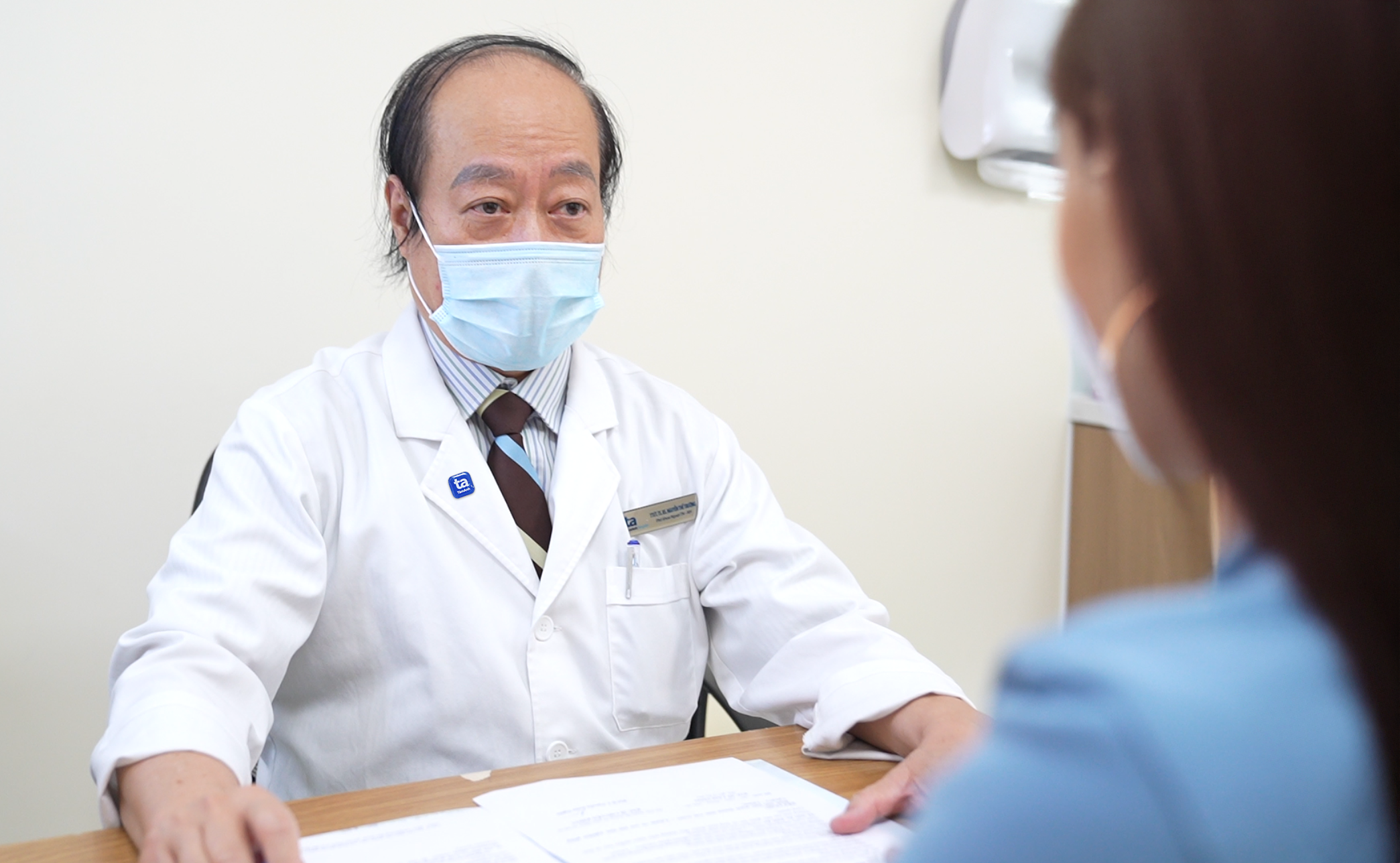Dr. Nguyen The Truong, Deputy Head of the Department of Urology and Andrology at Tam Anh General Hospital in Hanoi, reported that one of Ngoc's kidneys had severely reduced function, with grade 4 hydronephrosis, the most severe level. A renal scan revealed that her left kidney retained only 7% of its function, limiting its ability to filter blood and produce urine, forcing the remaining kidney to compensate.
According to Dr. Truong, Ngoc had ureteral stones and underwent surgery 2 years prior but did not attend follow-up appointments. Consequently, the inflammation, scarring, and narrowing of her ureter went undetected. The accumulating urine gradually dilated and thinned the left kidney tissue, ultimately leading to kidney failure. "The damage to the patient's left kidney was irreversible," Dr. Truong stated, adding that retaining the damaged kidney could have led to severe infections, hypertension, and further health complications.
Doctors decided to perform laparoscopic surgery to remove the left kidney. This minimally invasive technique reduces post-operative pain and recovery time compared to traditional open surgery. Ngoc was discharged 5 days later in stable condition.
 |
Dr. Truong examines the patient. Photo: Tam Anh General Hospital |
Dr. Truong examines the patient. Photo: Tam Anh General Hospital
Kidneys play a vital role in filtering and eliminating waste. However, early-stage kidney diseases often present with subtle symptoms that are difficult to detect without medical examination and specialized tests. Following her initial kidney stone surgery, Ngoc underwent multiple cosmetic procedures and used pain medication and antidepressants to treat anxiety and depression. "This masked any unusual symptoms, delaying her return for follow-up and resulting in a late diagnosis," explained Dr. Truong. Had the fluid buildup been detected earlier, doctors could have intervened with ureteral dilation or incision, placing a JJ stent to facilitate urine flow from the kidney to the bladder.
Dr. Truong advises patients to attend regular post-operative checkups to detect complications early and prevent disease progression, which can impact treatment effectiveness. He also emphasizes the importance of a healthy lifestyle for long-term kidney health.
Anh Kiet
*The patient's name has been changed.
| Readers can submit questions about kidney disease here for doctors to answer. |












